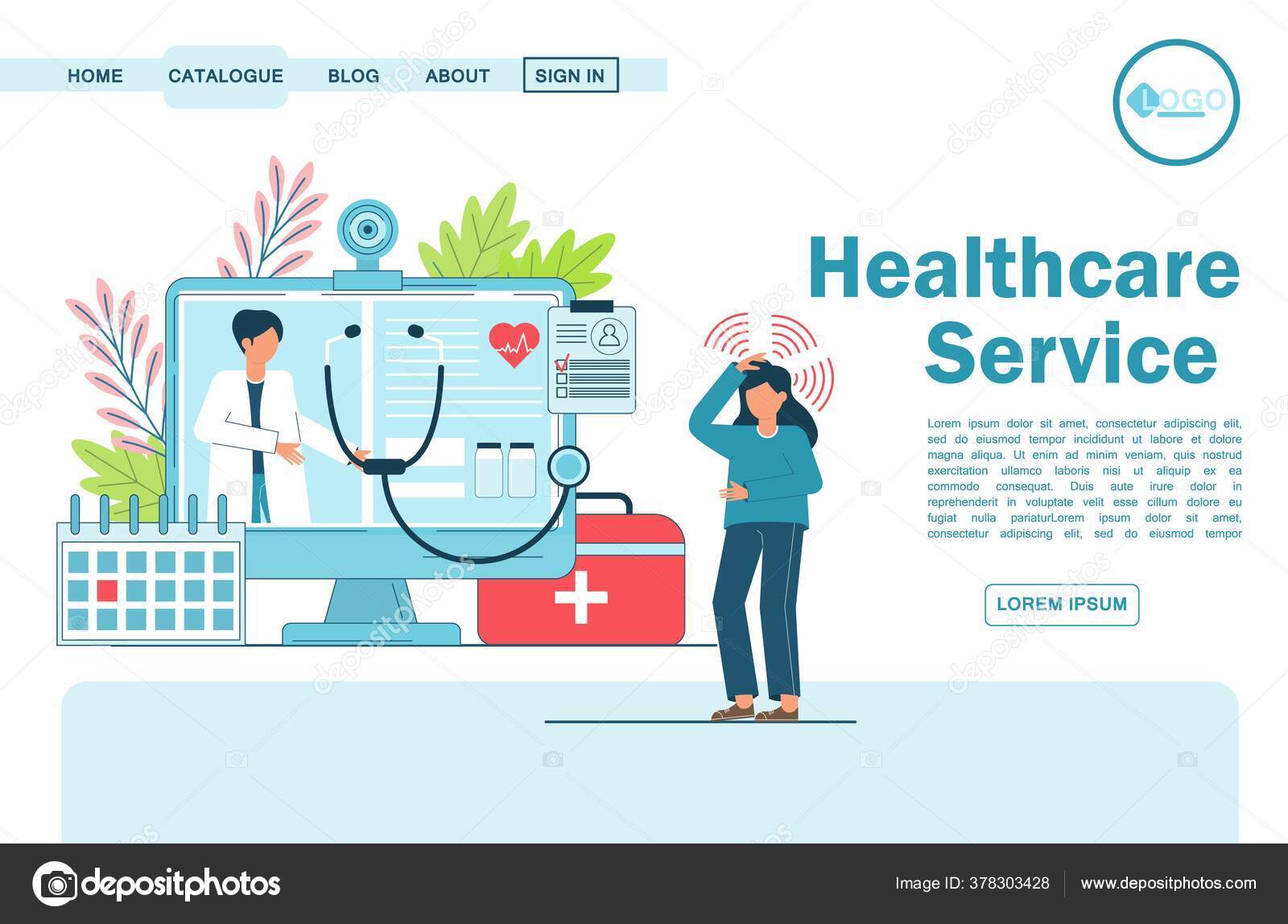Exactly How Subscription-Based Health Care Is Reinventing the Medical Market

The Increase of Subscription Medical Care
In recent times, the health care market has actually witnessed a significant change in the direction of subscription-based designs, showing more comprehensive customer patterns preferring benefit and predictability. This improvement is driven by the boosting need for more available and customized treatment remedies. Registration medical care, sometimes described as attendant medication or straight health care, uses patients a fixed monthly cost for a variety of medical solutions, substantially modifying typical fee-for-service models.
The surge of subscription healthcare is facilitated by advancements in technology, which allow structured interaction in between patients and service providers - subscription based healthcare. Digital systems and telehealth solutions have become important, supplying individuals the capacity to schedule appointments, accessibility medical documents, and get consultations online. This technical integration not just boosts person involvement yet additionally enables providers to provide more efficient care
In addition, the membership version straightens with the evolving assumptions of people that seek even more control over their healthcare costs and experiences. While this model is acquiring traction, its proliferation deals with obstacles such as governing obstacles and the necessity for broader acceptance within the standard healthcare environment.
Advantages for People and Companies
Subscription-based medical care offers a wide range of advantages for both service providers and clients, improving the dynamics of clinical care. For individuals, this model offers enhanced access to health care services.
For healthcare suppliers, subscription-based designs promote a more enjoyable and lasting technique. By protecting a stable profits stream, companies can concentrate on delivering high-grade care without the stress of volume-based service. This version urges longer client consultations, promoting stronger patient-provider partnerships and improving wellness end results. Additionally, it supplies carriers the flexibility to innovate and include all natural and precautionary care methods. Administrative tasks are usually structured, reducing overhead costs and allowing carriers to dedicate more time to individual interaction. In general, subscription-based healthcare lines up the motivations of suppliers and individuals, advertising an extra efficient and patient-centered health care delivery system.
Trick Features of the Design
Often, the essential functions of the subscription-based health care version highlight its distinctive approach to delivering medical services. Central to this version is the idea of foreseeable, regular monthly settlements, offering people an extensive series of services without the unpredictability of standard fee-for-service structures. This design usually includes unrestricted access to key treatment solutions, precautionary treatment, and regular exams, making sure that clients can involve with their medical care suppliers proactively instead than reactively.
Furthermore, direct interaction networks, link such as telemedicine and messaging systems, are emphasized, allowing people to get prompt suggestions and examinations without needing in-person visits. This improves ease of access and comfort, specifically for individuals with movement restraints or those living in remote areas. The version also fosters stronger doctor-patient relationships, as doctor are incentivized to concentrate on long-lasting health and wellness outcomes instead than temporary sees.
Additionally, subscription-based medical care often incorporates technological advancements, such as digital health and wellness records and health and wellness surveillance applications, to supply reliable and personalized treatment. Patients gain from worked with and continual care monitoring, which is tailored to their details health demands. Ultimately, these features collectively develop a patient-centered medical care experience, focusing on availability, expense openness, and precautionary care.

Difficulties and Considerations
While the subscription-based medical care model provides countless benefits, it is not without its considerations and obstacles. One considerable challenge is ensuring equitable gain access to. Registration versions might unintentionally favor those with greater socioeconomic standing, possibly expanding differences in healthcare access for lower-income people who might fight with monthly fees. This increases moral problems about inclusivity and equity in healthcare distribution.
An additional challenge hinges on governing conformity. Subscription-based health care has to browse an intricate web of regulations that vary by area, including concerns around client privacy, data defense, and state licensing needs. Making sure compliance without hindering the design's flexibility and advancement can be intimidating for service providers.
Additionally, there is the danger of overutilization or underutilization of solutions. Patients paying a dealt with cost may overuse services, leading to boosted functional expenses, while others could underutilize because of be afraid of burdening the system, potentially ignoring needed care.
Future Potential Customers and Innovations
The landscape of subscription-based healthcare is positioned for change through visit this website emerging advancements and progressing potential customers. As innovation proceeds to advance, the combination of expert system and machine knowing presents substantial possibilities to improve diagnostic precision and simplify client administration. Anticipating analytics can reinvent precautionary care by determining prospective health threats prior to they materialize, thus lowering both costs and the concern on healthcare systems.
Furthermore, telemedicine is established to increase within subscription versions, offering people increased accessibility to healthcare professionals regardless of geographical restrictions. This not just promotes continuity of care but also empowers clients to engage more proactively in their wellness management. Furthermore, blockchain technology offers prospective go to this website in protecting individual information and guaranteeing interoperability throughout systems, cultivating depend on and openness.
Collaborations in between technology business and medical care suppliers are most likely to produce cutting-edge services, boosting client experiences and end results. As these leads materialize, subscription-based healthcare has the possible to redefine how care is provided and accessed.
Verdict
Subscription-based healthcare is changing the clinical market by using a more easily accessible, foreseeable, and patient-centered strategy to medical services. Regardless of difficulties such as regulatory difficulties and prospective disparities in accessibility, the subscription design holds guarantee for a more customized and effective medical care experience.
Membership medical care, often referred to as attendant medicine or straight main care, uses patients a fixed regular monthly fee for a range of medical solutions, dramatically altering conventional fee-for-service versions.
Moreover, the membership version straightens with the developing assumptions of clients who seek more control over their health care expenditures and experiences. For patients, this version supplies boosted accessibility to healthcare services. Overall, subscription-based medical care aligns the motivations of suppliers and people, promoting a much more patient-centered and efficient healthcare delivery system.
Moreover, telemedicine is established to broaden within membership models, offering people enhanced access to medical care specialists regardless of geographical restrictions. - subscription based healthcare